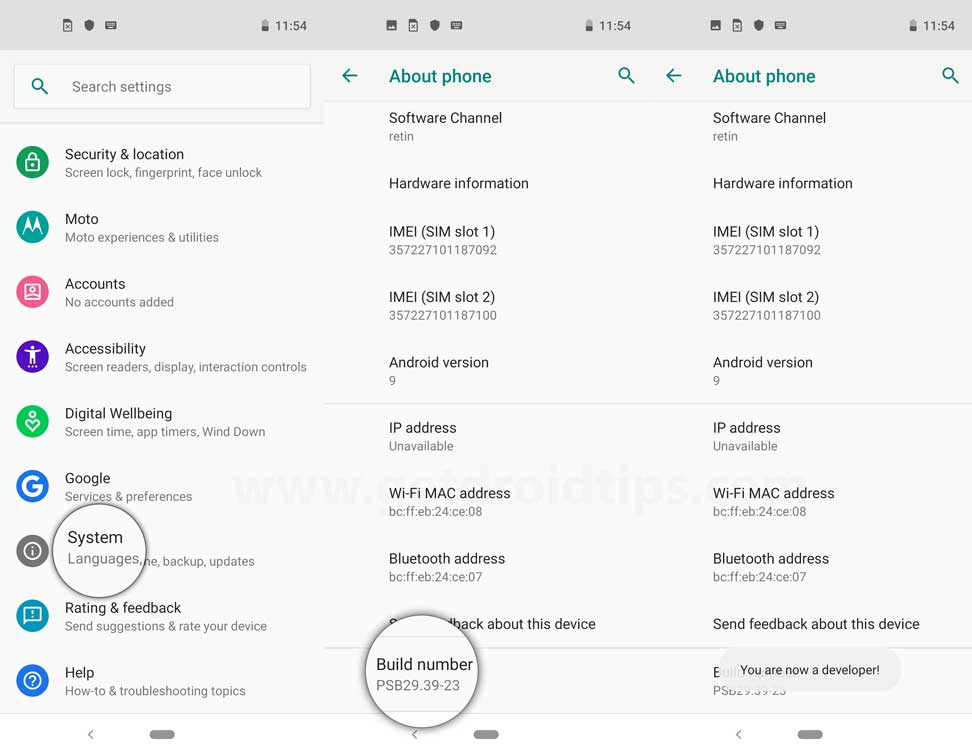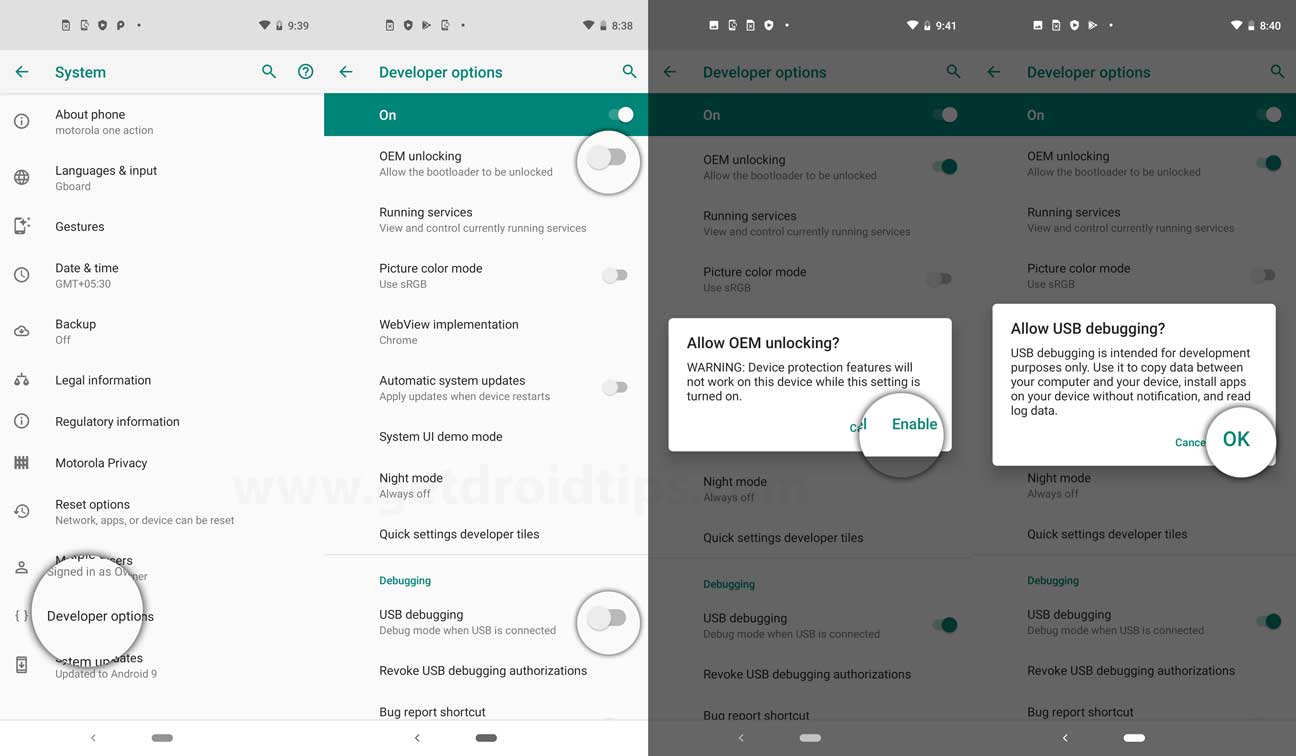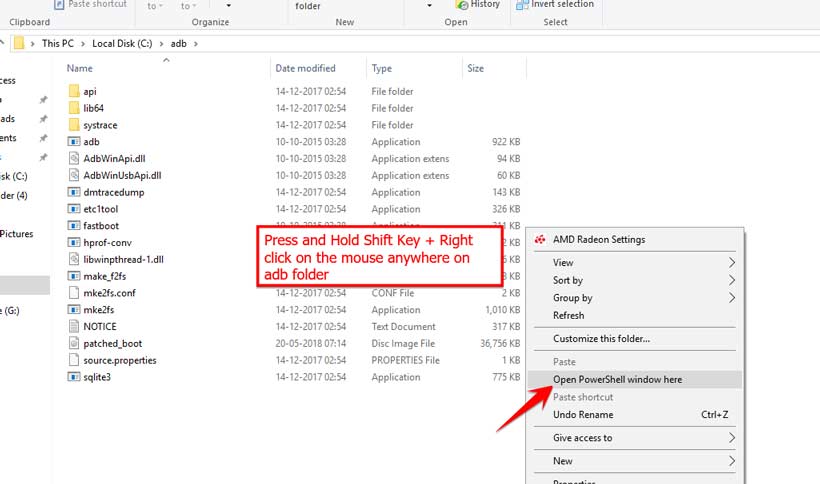Xiaomi Mi 10 Ultra (codename: cas) was launched in the year August 2020. The phone came out of the box with Android 10 Q. On this page, we will guide you to install the TWRP Recovery on Xiaomi Mi 10 Ultra. This guide contains both the written instruction and a video tutorial to help you install it quickly. Make sure to download the files required and then jump straight into instructions on how to install TWRP Recovery on Xiaomi Mi 10 Ultra.
Keep in mind that before heading over to the process, you will need to unlock the device bootloader at first. As the smartphone OEMs provide a locked bootloader to their devices due to some security concerns, in order to install any third-party file, you will need to unlock the bootloader. Then you will be capable to install TWRP Custom Recovery on your Xiaomi Mi 10 Ultra device and root as well. The TWRP Recovery can also take Nandroid backups, restore, wipe out system/data/cache, and more.
Also Read
Xiaomi releases phones in quick successions and in different regions. The same phone is released in different regions under different names. Xiaomi Mi 10 Ultra was released back in August 2020 and is the company’s flagship of the year. It comes powered by a Qualcomm Snapdragon 865 processor, which is coupled with 8-16 GB of RAM. The Mi 10 Ultra offers 128/256/512GB of onboard storage and there is no memory expansion card slot. The display on the phone is a 6.67-inch OLED 1080p panel that produces 800 nits of peak brightness. The phone runs on Android 10 with MIUI 12 on top.

Page Contents
TWRP Recovery and its Advantages
Team Win Recovery Project is an open-source software custom recovery image for Android-based devices. It provides a touchscreen-enabled interface that allows users to install third-party firmware and back up the current system which is functions often unsupported by stock recovery images. – WikiPedia
Advantages of TWRP Recovery:
- You can flash Custom ROM on Xiaomi Mi 10 Ultra using TWRP
- You can flash modding zip files to customize your phone
- Easy to flash and use Xposed Modules using TWRP
- Easy to Root and Unroot using TWRP Recovery flashable zip SuperSU
- You can install Magisk on Xiaomi Mi 10 Ultra
- Easy to Create and Restore Nandroid Backup using TWRP Recovery.
- Easy access to restore the Nandroid Backup.
- You can flash the image file using TWRP Recovery on Xiaomi Mi 10 Ultra
- Easy to remove all bloatware using TWRP Recovery on Xiaomi Mi 10 Ultra.
- To underclock and overclock.
- You can clean Wipe, Cache, and Data.
Steps to Install TWRP Recovery on Xiaomi Mi 10 Ultra
Before going to the TWRP installation process, make sure to follow all the pre-requirements mentioned below properly.
Pre-Requirements:
- The file and guide are supported for the Xiaomi Mi 10 Ultra model only. Don’t try it on other devices.
- Xiaomi Mi 10 Ultra bootloader should be unlocked.
- A PC/Laptop and a USB cable are required for this process.
- Make sure to take a Full Backup of Device Data (No Root).
- Charge your device battery to full.
- Download All Required Files:
- No Verity opt Encrypt
- Download SuperSU Zip – For root using SuperSU
- Download Magisk Zip – For root using Magisk
- USB Drivers: Xiaomi USB Drivers
- Download ADB and Fastboot and install it on your PC
TWRP Recovery Details
| File Name | TWRP Recovery |
| Support | Unofficial |
| Developer | Unknown |
Disclaimer:
Method: ADB and Fastboot Tool
After downloading all the required files, drivers, and tools, follow the installation process.
- First of all, enable the Developer Options and USB Debugging mode on your device.
- Head over to the device Settings > System > About Phone > then tap on the Build Number for seven times to enable Developer options mode.

- Now, go to the Developer options in the Settings menu and turn on the toggle to enable USB debugging.

- Next, open the ADB & Fastboot folder on your computer. Then press and hold the Shift key and right mouse click to open the command window.

- Turn off your device > Press and hold the Volume Up + Power button together for a few seconds to enter into Fastboot mode.
- Connect your device with the PC via a USB cable and type the following code on the command windows and hit enter:
adb reboot bootloader
- Now, your device is connected successfully as a fastboot device.
- Type the following command and hit enter to check the fastboot device connected or not:
fastboot devices
- Now, in order to install TWRP Recovery on your phone, type the following command and press enter:
fastboot flash recovery twrpname.img
- To just boot, you can use the command fastboot boot twrpname.img
- That’s it. You’ve successfully installed the TWRP Recovery on the Xiaomi Mi 10 Ultra device. Now, you have to flash the Root.
What is Root?
Smartphone Rooting is the unofficial way to enable an administrator or superuser access to your device system and subsystem. Therefore, the user can easily tweak, change, edit, or delete system files and apps easily.
With the help of rooting, you can uninstall bloatware, increase device performance, reduce battery draining, install Xposed modules, and more. However, smartphone rooting will void the device warranty and you may not get software OTA updates anymore. Improper way of rooting can also brick your device easily. Therefore, make sure to follow the guide properly.
The advantage of Rooting:
- You can get access to all files on your Xiaomi Mi 10 Ultra, even the files which present in the root directory of your phone.
- You can increase the performance of your Xiaomi Mi 10 Ultra by overclocking.
- By rooting you can increase battery life by underclocking Xiaomi Mi 10 Ultra.
- Uninstall Bloatware on Xiaomi Mi 10 Ultra.
- You can block Ads on any Android applications such as Youtube and other game-related applications.
Also Read: Top 5 Adblock Plus Alternatives for Android
- By Rooting Xiaomi Mi 10 Ultra, you can View, Edit or Delete any system file inside the root directory.
- You can install the Xposed Framework and many Xposed module support.
Steps to Root Xiaomi Mi 10 Ultra
Guide to Root Xiaomi Mi 10 Ultra via SuperSU
Guide to Root Xiaomi Mi 10 Ultra via Magisk
We assume that this full-depth installation guide will be helpful to you. For any queries, feel free to ask in the comments below.
